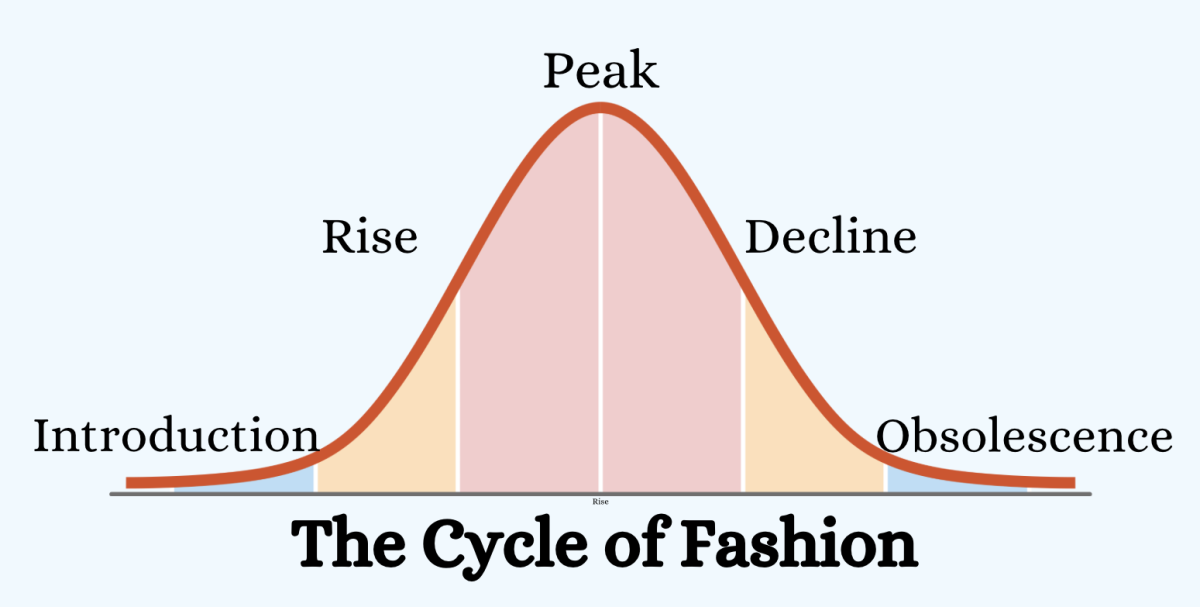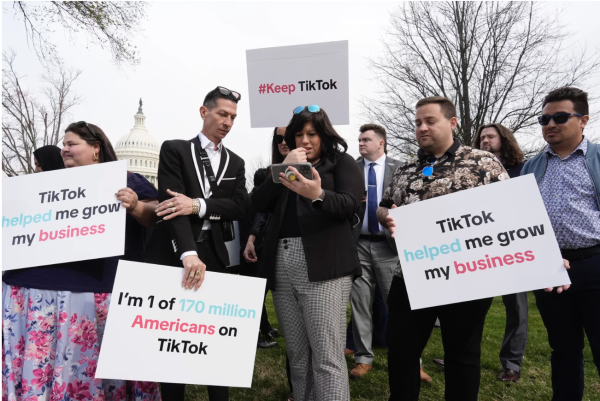Artificial Intelligence: Is it Worth it?

Courtesy of www.iqworkforce.com
As noted physicist Stephen Hawking declared, “The rise of powerful AI will be either the best or the worst thing ever to happen to humanity. We do not know which.”
October 22, 2016
For thousands of years, we have dreamed of inventing a being with intelligence equal to our own. Recently, there have been numerous ways computer science has improved to give hope that artificial intelligence may indeed be achievable. Artificial intelligence is certain to affect society if it is fully developed, and it can cause both positive and negative consequences.
Developing artificial intelligence will certainly help technology, science, and almost every other field thrive. Knowledgeable machines will help with decreasing human error immensely, and they will help humans with numerous tasks. The dilemma that computer scientists are facing is creating a computer that can teach itself. If a computer was able to do this, it would be able to find cures for a multitude of diseases and solve several of the world’s greatest mysteries. Artificial intelligence has already started to be developed and is already everywhere around us. As National Geographic put it,
“When you do a web search, machine learning chooses the results you get. Amazon uses it to recommend products; Netflix uses it to recommend movies; Facebook and Twitter use it to choose which posts to show you.”
However, as favorable as it may seem to many people, artificial intelligence can also be harmful. With the increase in machine intelligence, Oxford University predicts that over 47% of jobs will no longer be necessary. With machines and robots, human knowledge will have been replaced by something that can do tasks more easily and more efficiently. Humans will be fully dependent on machines for much of their daily needs. The danger is that people may find that teaching others how to do research based jobs, like doctors and lawyers, is useless since machines can now perform those on their own. Then, if there is ever a time where robots fail to work, people will be lost and will have forgotten what to do.
There is also the danger that humans will be replaced entirely by robots. Scientists have made it their goal to create machines that can think and act like humans. This is extremely dangerous as shown in some science fiction movies such as Terminator or Ex-Machina. These may be over exaggerated examples, but some of the scenarios in these movies are entirely possible and reflect some of the negative outcomes that artificial intelligence can have on society. What scientists must be cautious of is how much like humans machines should actually be. Aino Hakkinen (10) expresses that “we should be more cautious and keep our ethics in mind, otherwise it may go too far.”
Overall artificial intelligence has both its advantages and drawbacks. While it can be beneficial to technological advances, it can also be the cause for total chaos throughout the world.










































